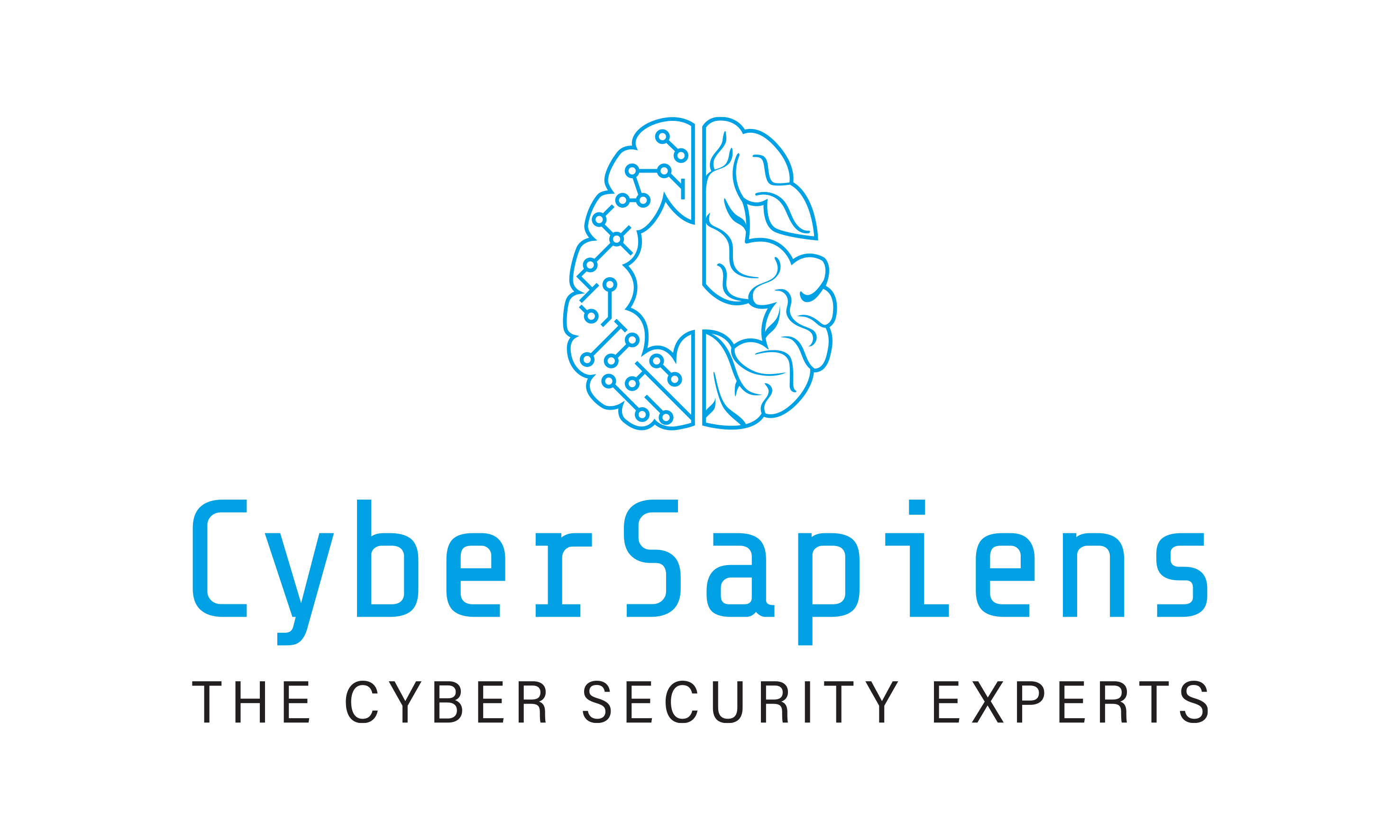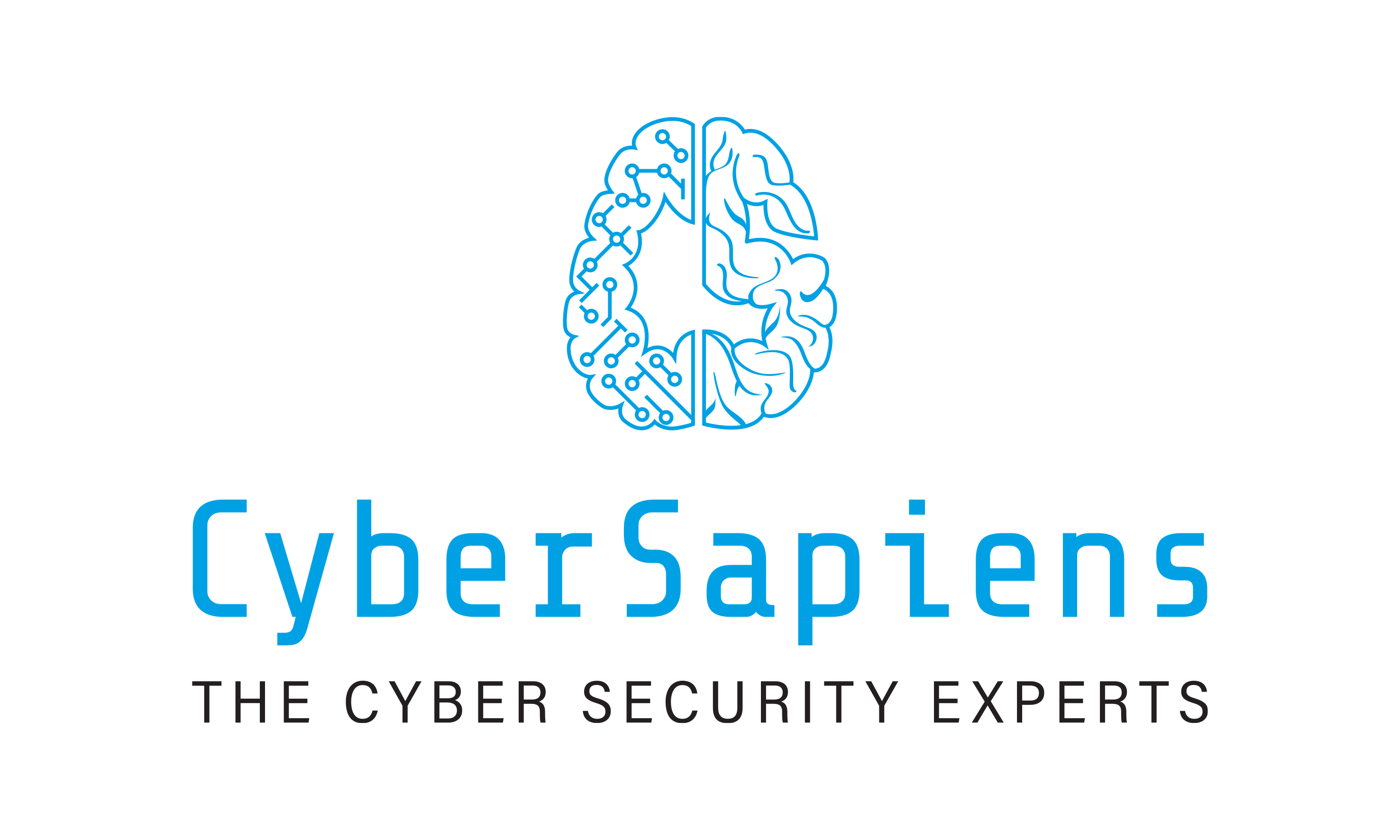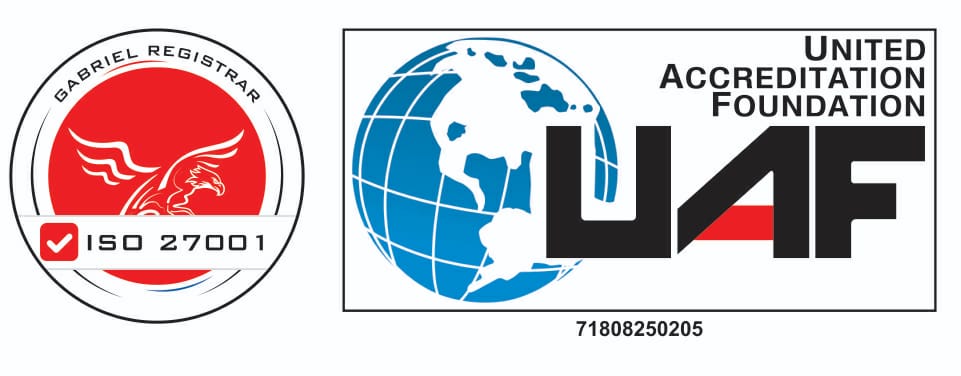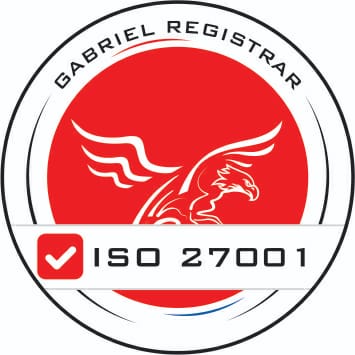Web Application Security Training

Are You Looking for the Best Web Application Security Training Online?
We are one of India’s only company providing the best online Web Application Security Training.
In our Web Application Course, you are not only just getting Training but an Internship as well,
At the end of our 6 month training program, you will be an experienced & certified Web Application Security Professional.
Fill the form below to know more about the training.

Please note that it's NOT a Free Training Program. To Enrol in the Training Program You will have to Pay the Fees as communicated by our Course Advisors.
Our Program
Highlights:
Internship + Training
360° Career Development
Online Training
Regular Live Classes
6 Months Training
Training Language: English
Internship + Training
360° Career Development
Online Training
Regular Live Classes
6 Months Training
Training Language: English


















































Check Our Placements!
Benefits of Our Web Application Security Training
Get an Internship Along with Training
Job Placement Assistance
Job-Oriented Training Program
Regular Live + Recorded Sessions
Dedicated Mentor
Online Training
Get Cyber Security Certificate
Get Threat Hunting Training Certificate
Work with Experienced Professionals
Earn Rewards and Awards
Get Recognized
Work on Cybercrime Cases
Earn While You Learn
360° Personality Development
Get paid by Finding Vulnerabilities
Unlimited Guidance
We are Trusted & Rated
by over 500+ Satisfied Students!
Bhavesh NaikAugust 18, 2023A Good and realiable place to start your Cybersecurity career and gain experience. Mentor's here are good and helpful which assist you in your journey.Aravind TAugust 17, 2023I done my training on Cyber forensics. It's a very wonderful and grateful course.Thank you CyberSapiens.chidanand KallibaddiAugust 17, 2023I had the privilege of interning as a VAPT trainee at Cyber Sapiens, and it was an incredible experience. The team's expertise, hands-on learning, and collaborative atmosphere made it a truly valuable journey into the world of cybersecurity. I'm grateful for the skills and knowledge I gained during my time there.Roshan Ali ShaikAugust 4, 2023I have been an Cyber Security intern trainee at Cyber Sapiens for 6 months and its the best experience one can get in the cyber security field. The internship has given a great kick start to my career in Cyber Security and Bug hunting. The mentors at the company are well versed in the field and are great at teaching and solving doubts. They give you a really good path to follow by which you can develop your knowledge and skills. I am very much satisfied by the company. They provide you with mock interviews to face real world interviews and guide you for making a better future. A novice in this field can become an expert if one works hard enough by going through this training. I strongly recommend anyone that is giving a thought of joining the company.BRIAN MAugust 2, 2023I learned a lot working with CyberSapiens as an Intern. Enjoyed as well as learned a lot over there. I would recommended any beginners to join CyberSapiens as it provides the best hands on training in ethical hacking.rao anushJuly 31, 2023The over all internship training was good.Studied more about cybersecurity and what are the types of attacks takes place.Mebin SankarJuly 27, 2023My internship with CyberSapiens was excellent! Valuable experience, supportive team, and great flexibility. Highly recommended!Jeel KhatiwalaJuly 25, 2023The experience in internship was something which I have never experienced earlier, The 6 month of training and internship help me to grow especially in Cyber Security Domain, When I Joined initially I was just script kiddie and After completion of 6 month it totally transformed me to Cyber Security professional and Help me stand different and one level up from the others around me in personal and professional life.Mukesh KumarJuly 24, 2023I had an incredible learning experience during my internship at Cybersapiens LLP as a Red Teamer. The team's expertise and guidance helped me develop practical skills in cybersecurity and ethical hacking. The hands-on projects challenged me to think creatively and tackle real-world security scenarios. I am grateful for the opportunity to work with such talented professionals and contribute to their impactful work in the cybersecurity domain.Google rating score: 4.9 of 5, based on 204 reviews
Interested in Complete Cyber Security Internship + Training Progam?
Program Curriculum
We provide a very unique Industry Oriented Curriculum from basics to an advanced level.
The training covers 13 Modules which are divided into 3 Chapters – Basic, Advanced and Specialization.
Chapter 1: Basic
This chapter covers all the basic topics that companies expect in an individual. These topics help you to make your base strong in the Cyber Security domain.
Module 1 – Foundation to Cyber Security
- Why Cyber Security & How it Works in an organization?
- CIA – The Three Pillars of Cyber Security
- Cyber Attacks & Data Breaches
- Classification of Information
- Domains in Cyber Security
- Job Roles and Designations in the organizations
- Controls, Standards & Regulations
- Protocols & Port Numbers
- Cryptography
- Digital Signatures
Chapter 2: Advance
This chapter covers all the advance topics of the cyber security domain from an industry perspective which is required for every cyber security professional. It especially covers the four primary topics – GRC, SOC, VAPT and Cloud which are the core domains in Cyber Security. This Chapter will help you in gaining a good weightage to your profile.
Module 2 – Vulnerability Management & Penetration Testing
- Introduction to VAPT
- Types of Pentesting
- VAPT Targets & Tools
- VAPT Report Writing & Documentation
- Skills required for VAPT
Module 3 – Network Security
- Network Security Concepts
- Defense in Depth
- Network Security Devices - DLP, Firewall, IDS-IPS, AV
- Network Segmentations
- Protocols - SSL, TLS, VPN
- Zero trust approach to network security
- Network Monitoring
Module 4 – Web Application Security
- Web Application Protocols
- OWASP Top 10
- Using Burp Suite Tool for Web VAPT
- Web VAPT Tools & Methods
- Information Disclosure Vulnerability
Module 5 – API Security
- Importance of API & API Pentesting
- API pentesting VS Traditional Web Pentesting
- API Documentation
- Postman Tool Introduction
- LAB Setup Demonstration
Module 6 – Mobile Application Security
- Introduction To Android & Android Architecture
- Introduction To IOS & IOS Architecture
- OWASP Mobile TOP 10
- Mobile Application Pentesting Process
Module 7 – Network VAPT & Attacks
- Network VAPT Types
- Tools for Network VAPT - Qualysis & Nessus
- Network Traffic Analysis
- Performing VA using nmap
- Creating automated nmap scripts for scanning
- Banner Grabbing Attack
- User Enumeration Attack
- Bruteforce Attack
- Password Cracking Attack
- Finding & Analysing CVE for Vulnerable services
Module 8 – Governance Risk & Compliance
- Introduction to GRC
- ISO 27001
- PCI DSS
- HIPAA
- NIST
- GDPR
- Data Privacy
- SOC Audits – SSAE16/SOC 1, SOC 2 & SOC 3
- Risk Management
- Security Audits
- Business Continuity
- Third Party Risk Management
- Compliance Management
Module 9 – Security Operations Centre (SOC)
- SOC Fundamentals
- SOC Team Roles and Responsibilities
- Security Information & Event Management
- Recognizing Security Incidents and Events
- Threat Intelligence
- Incident Detection & Response
- MITRE ATTACK
- Incident response procedures
- Security Alerts & Alarms
- Overview of Splunk
- Splunk architecture
- Installation of Splunk (Windows & Linux)
- Usage of Splunk in log analysis
Module 10 – Cloud Security
- Introduction to Cloud security
- Cloud Pentesting Methodology
- AWS Cloud Security
- Azure Cloud Security
Chapter 3: Specialization
This chapter is where you will be gaining the skills of a Penetration Tester for performing Web + API & of a Penetration Tester for performing Web + API & Mobile Pentesting and you will be working on live Mobile Pentesting and you will be working on live targets hunting for vulnerabilities. targets hunting for vulnerabilities.
Module 11 – Web Application VAPT & Attacks
- XSS & HTML Injection
- SQL Injection
- CORS & HSTS
- Host Header Injection & Password Reset Poisoning
- SSRF
- File Upload Vulnerabilities, LFI, RFI & File Path-traversal vulnerabilities
- CSRF
- Business Logic Vulnerabilities
- Business Logic Vulnerabilities
- XXE
- Subdomain Takeover & Broken Link Hijacking,
- Buffer Overflow & Long Password DoS Attack
- RCE & Command Injection
Module 12 – RCE & Command Injection
- Broken Object Level Authorisation
- Broken Authentication
- Broken Object Property Level Authorisation
- Unrestricted Resource Consumption
- Broken Function Level Authorisation
- Unrestricted Access to Sensitive Business Flows
- Server-Side Request Forgery
- Security Misconfiguration
- Improper Inventory Management
- Unsafe Consumption of APIs
Module 13 – Mobile Application (Android & iOS) VAPT & Attacks
- Setup of Tools in (Windows, Kali, Mac)
- Static & Dynamic Analysis (Android) Methods
- Static & Dynamic Analysis (iOS) Methods
- Insecure Data Storage
- Sensitive Data Exposure
- Input Validation and Manipulation
- Improper Platform Usage
- Insecure communication
- Insecure Authentication & Authorization
- Insufficient Cryptography & Poor Code Quality
- Code tampering
- Reverse Engineering
- Extraneous Functionality
*Download the brochure to better understand the course curriculum, structure and pricing structure of the training program.
Not only this we have got Additonal Suprises for you all!
Get these 2 additional courses along with the main Training Program…

Get CEH v12 Course of 40+ Hours for FREE along with this Program and register yourself as a Certified Ethical Hacker for V12
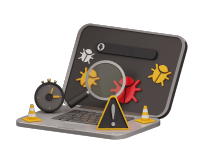
Get our Bug Hunting Essential Course which covers around 20 Web & API Bugs to become a Bug Hunter for FREE

Get In Touch
By filling this form ↓
FAQ's
If you are a beginner then worry not. Our Web Application Course is designed keeping beginners in mind.
Our mentors will give you personal attention to solve any and all queries.
As a student or professional, web application security training is a program that can teach you how to identify and mitigate security vulnerabilities in web applications.
It's important to consider this training because web applications are used in many industries and often contain sensitive information.
If these applications are not secure, they can be compromised by attackers, resulting in data breaches, financial loss, or damage to an organization's reputation.
The key components of web application security training include understanding web application architecture and vulnerabilities, security testing, secure coding practices, secure development lifecycle, incident response, and compliance and regulations.
By learning these components, You can improve your skills and knowledge of web application security and become a more effective developer, security analyst, or other cybersecurity professional.
Some of the most common web application vulnerabilities are injection attacks, cross-site scripting, broken authentication and session management, security misconfiguration, and insufficient logging and monitoring.
Through our web application security course, You can learn to identify and mitigate these vulnerabilities by understanding how they work, how they can be exploited, and how to implement best practices to prevent them.
Commonly used programming languages and frameworks in web application security include HTML, CSS, JavaScript, PHP, Python, Ruby on Rails, and React.
You should focus on learning the language and framework that align with your specific needs and interests, but it is recommended to have a strong foundation in HTML, CSS, and JavaScript, as they are the building blocks of most web applications.
Web application development and web application security training are two separate fields.
Web application development focuses on building functional and user-friendly web applications.
While web application security training focuses on identifying and mitigating security vulnerabilities in web applications.
While the two fields are related, they require different skills and knowledge.
Web application developers should have a strong understanding of programming languages and frameworks, user experience design, and web application architecture, while web application security professionals should have a strong understanding of web application vulnerabilities, security testing, secure coding practices, and incident response.
The most common tools and techniques used in web application security field, includes vulnerability scanners, penetration testing, and code review.
To use these tools and techniques effectively, you should understand their strengths and weaknesses, learn how to set up and configure them correctly, and practice using them on real-world applications.
Secure coding practices are important in web application security because they help prevent common vulnerabilities from being introduced during the development process.
You can implement secure coding practices in my work by using frameworks that help prevent common security issues, following coding guidelines that promote secure development, and conducting code reviews to identify and fix potential vulnerabilities.
It is a process that integrates security into the software development lifecycle.
It includes requirements gathering, design, implementation, testing, deployment, and maintenance.
To integrate the secure development lifecycle into my web application development process, you should understand the various stages of the lifecycle and how security can be incorporated at each stage.
Reactive security involves identifying and responding to security incidents after they occur, while proactive security involves implementing measures to prevent security incidents from occurring in the first place.
You should take a proactive approach to web application security by implementing secure coding practices, conducting security testing, and integrating security into the software development lifecycle.
Career opportunities include roles such as web application security analyst, penetration tester, security consultant, and software engineer with a focus on security.
To prepare for these opportunities, you should focus on developing my skills in web application security, building a strong network in the cybersecurity industry, and pursuing relevant certifications and degrees.
Surprisingly we can help you with all the above mentioned things and help you become a trained and certified Web Application Security Professional in just 6 months.
At CyberSapiens, we prioritize providing valuable training services to our clients. We do not offer refunds for any of the payments made against the enrolments in any circumstances.
However, we understand at times certain unexpected situations may arise and therefore in such cases, participants have the flexibility to utilize their paid fees towards our services within the next 8 months.
In the event a refund is requested, it will be considered for a small portion of the amount only. Thus, we encourage participants to take advantage of this opportunity and engage with our services within the specified timeframe.

